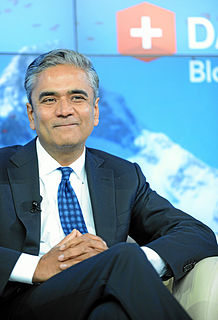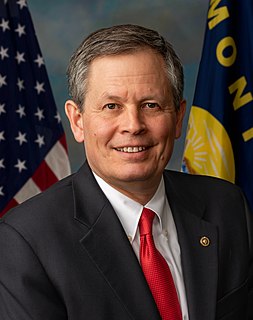A Quote by Vince Cable
Much of the shadow banking sector, a major contributor to the economic crisis, was also only possible because of taxhaven secrecy.
Related Quotes
So perhaps the most worrying single remark made by a responsible banking official during the current crisis came from Jochen Sanio, the head of Germany's banking regulator BaFin. He warned on Aug. 1 that his country could be facing the worst banking crisis since 1931 - a reference to the collapse of Austria's Kredit Anstalt, which provoked a wave of bank failures across Europe.

































